Rural Development
Number of results stories covering this topic: 17
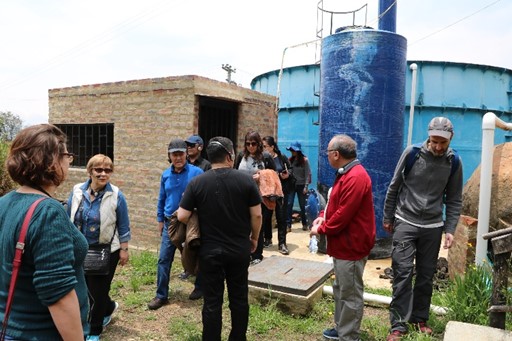
National Monitoring & Evaluation Systems for Rural Water Supply and Sanitation
In the Kyrgyz Republic, the national rural water and sanitation program, launched in 2017, seeks to improve service delivery by providing adequate water and sanitation services to many underserved rural households. The primary objective of the knowledge exchange was to build the capacities of the key stakeholders to develop, pilot and support the…
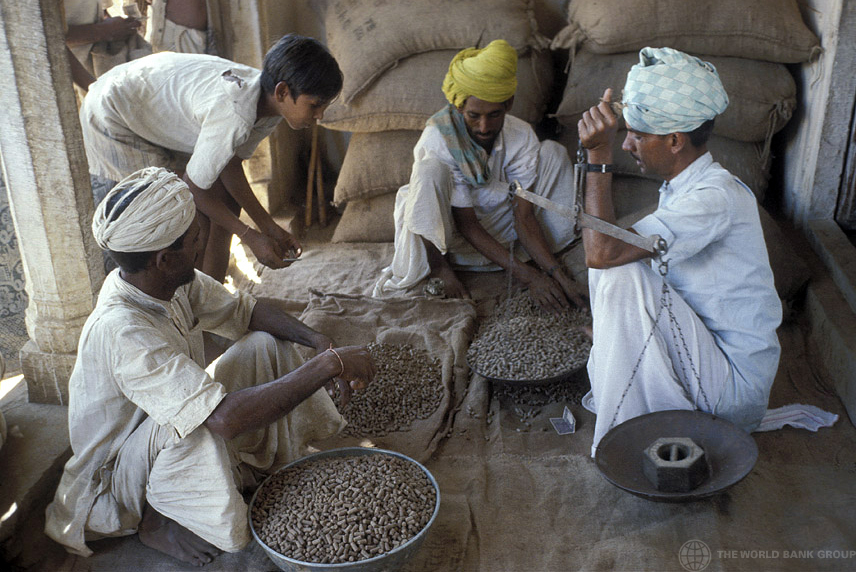
Agriculture Productive Alliances in India – Lessons from Brazil
The objective of the knowledge exchange was for the Indian delegation from Jharkhand to learn how the productive alliances approach in Brazil is improving linkages between small holders and private sector. The Indian delegation comprised of technical experts and administration wing of rural development department which is implementing a similar…
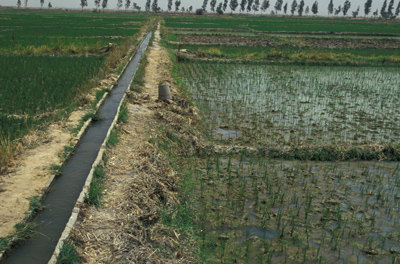
Learning from Experience with Small-scale Irrigation in West Africa
Most West African farmers need to reduce their reliance on the region’s erratic rainfall patterns if they want to increase crop yields and diversify from traditional commodity production. A number of low-cost technologies for small-scale private irrigation, such as treadle pumps and manual well-drilling equipment, have been tested in West Africa,…
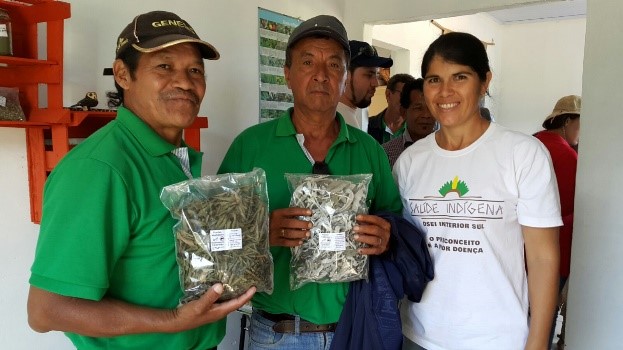
Access to Markets and Value Chains for Indigenous People in Paraguay
The Government of Paraguay’s (GoP) National Development Plan (NDP) 2014-2030 focuses on eliminating extreme poverty. NDP includes the flagship program Sembrando Oportunidades (Sowing Opportunities) which seeks to increase income and access to social services for families living in situations of vulnerability. Although the program has yielded…
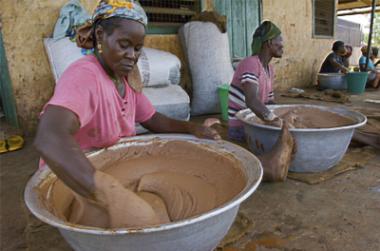
Ghanaian Women Farmers Partner with Indian Counterparts to Improve Production and Marketing of Shea Nuts
The Ghanaian PagSung Shea Butter and Shea Nut Pickers Association wanted to increase their production, processing, and export of shea nuts. The Self Employed Women’s Association in India had a model program that organizes women workers to obtain work security, income security, food security, and social security. An exchange between the two…
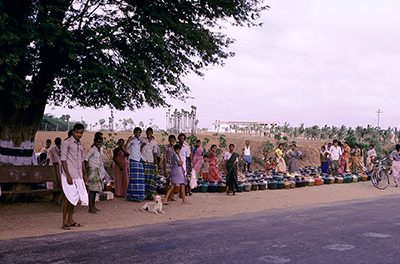
Improving Livelihoods through Investment in Rural Development, Infrastructure, and Social Services
Even while India is enjoying unprecedented economic growth, as one of the most populous countries in the world a vast number of its citizens still live below the poverty line, especially in rural areas. The government realized that dealing with this problem requires adopting best international practices. Very few poverty reducing models, however,…
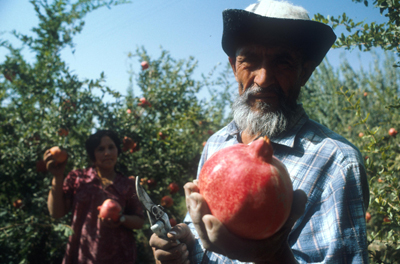
Learning Skills to Develop Forests and Reduce Carbon in the Kyrgyz Republic and Tajikistan
Developing forested areas offers many interrelated environmental and other socioeconomic benefits. Increased biodiversity, soil conservation, jobs, firewood, and building materials for the rural poor work together to create a virtuous cycle—the more forests, the more benefits; and the more benefits, the more forests. National plans in both the…
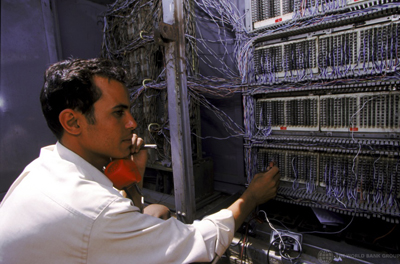
Bringing Electricity to Rural Communities in Yemen
Yemen successfully provides electricity to urban areas, but many rural areas remain underserved. Although the Government of Yemen (GOY) had outlined a rural electrification plan, it lacked clarity on how to create, operate, and supervise the new nationwide Rural Electric Service Provider (RESP) . The GOY also lacked experience starting and…

Enhancing Capacity to Diversify the Mongolian Economy
Mongolia has successfully transitioned from a centrally planned to a market economy but remains overly dependent on its mining industries. Especially after the discovery of massive gold, copper, and other mineral resources, the government of Mongolia (GOM) needed help to define an economic agenda, develop its agricultural sector, encourage…
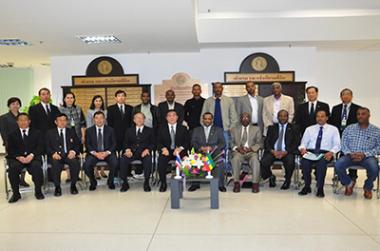
Improving Land Administration in Ethiopia
To speed the transition from subsistence to commercial agriculture, Ethiopia recognized that it needed to reform its land administration. However, the country’s mechanisms for enforcing property rights, lowering transaction costs, and encouraging investment in land were weak. To build institutional capacity, Ethiopia requested World Bank help…

Exporting India’s Dairy “Revolution” to Help Feed Children in Africa
While Tanzania and Uganda had taken measures to increase milk production, including creation of National Dairy Development Boards (NDDBs), problems in the milk supply chains continued to hamper milk output. Tanzanian and Ugandan Ministry of Agriculture and other dairy sector officials wanted to learn from India, where a “white revolution” had…
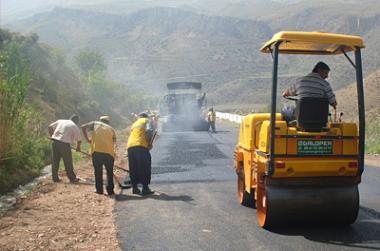
Routine Maintenance of Rural Roads through the Concept of Microenterprises: Experience of Peru and Bolivia and its Applicability to Armenia
The Government of Armenia sought to develop a means of maintaining its roads system to assure sustained access of its rural communities to markets and services. In 2008, it launched the Lifeline Road Network Development Program to stimulate economic growth and contribute to poverty reduction by improving a selected network of lifeline roads. These…
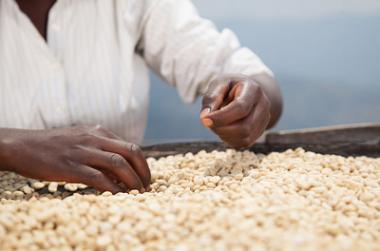
Building Capacity among Nicaragua’s Small-Scale Cocoa Farmers and their Organizations to Facilitate Fair Trade
The Nicaraguan Government, aiming to promote social and rural development and poverty reduction among its indigenous populations, recognized the much-needed task of building capacity for effective marketing among the small-scale cocoa farmers and their communities at local and national levels. In order to secure better market deals, Nicaragua’s…
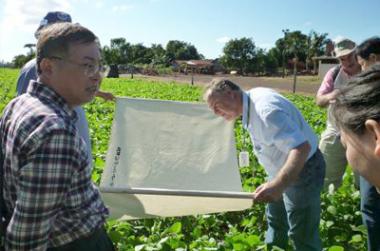
Learning International Best Practices on Conservation Agriculture from Brazil
The Chinese Province of Guangdong wanted to increase its knowledge of conservation agriculture practices that would help achieve sustainable crop production and reduce surface water pollution. During its exchange with Brazil, the Province learned about good conservation agriculture practices and the policies and technical support needed to promote…
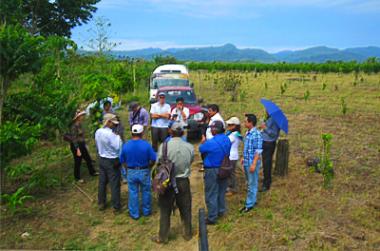
Improving Livelihoods of the Rural Poor in Vietnam
To address disproportionately high rates of poverty among ethnic minorities, the Government of Vietnam planned several national assistance projects in the poorest regions of the country. Vietnam sought a knowledge exchange to learn how similar poverty issues have been approached in Brazil and Bolivia based on these countries’ success with…
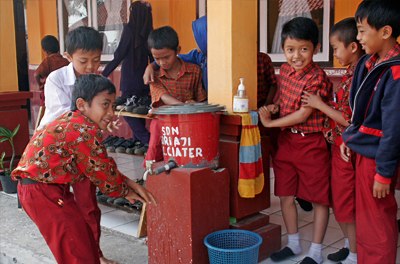
Output and Results-Based Approach for Local Government Programs: Vietnam learns from Indonesia
The Government of Vietnam wanted to strengthen its delivery in rural water supply and sanitation projects by promoting the use of a results-based approach at the local government level. Through help from the World Bank, a Vietnamese delegation consisting of key government officials visited Indonesia to exchange knowledge and share experiences on…
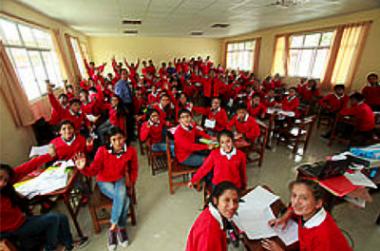
Rural Education Reform: Peru Learns from the Escuela Nueva Model in Colombia
In 2011, the new administration of the Peruvian Government re-prioritized the need to improve the quality of education and services in rural areas. In order to enhance both knowledge and skills of key officials to build a more effective rural education model for Peru, the World Bank organized a knowledge exchange that focused on one of the most…

 China
China Colombia
Colombia Denmark
Denmark India
India Indonesia
Indonesia Mexico
Mexico Russian Federation
Russian Federation Spain
Spain United Kingdom
United Kingdom